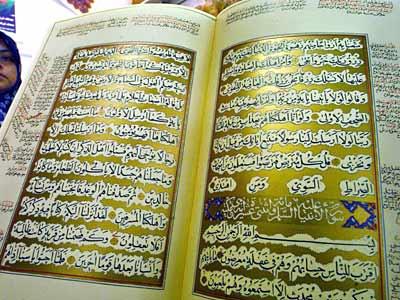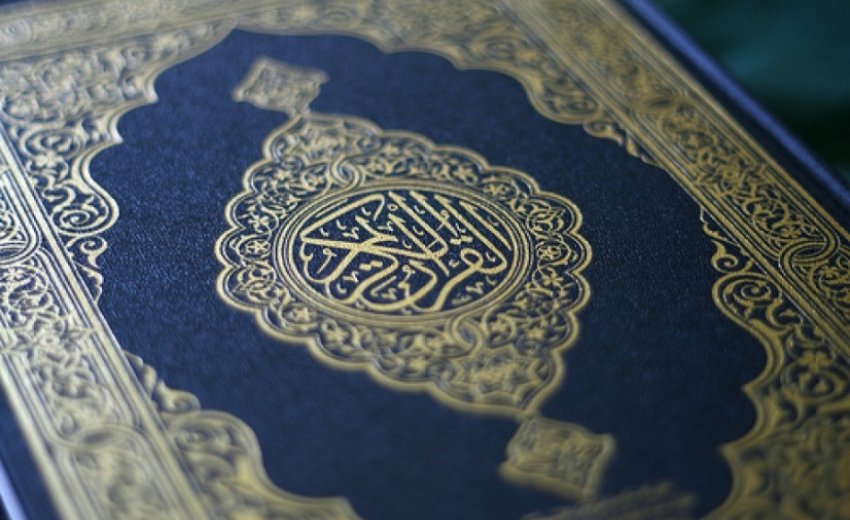One’s own religion is supreme, but what about the other man’s faith — particularly that of your enemy?
During the 1971 Indo-Pak war, I was a young Second-Lieutenant. On the outskirts of Shakargarh, next to the tiny deserted village of Badwal, without rations and maps, we found ourselves grounded by fire from the other side of the river Bein that prevented us from advancing.
A patrol was sent to the adjoining village to get food, and my men managed to gather enough from the village shop to fortify the company till the administrative echelon caught up. With no further headway, the ceasefire found us in the same position next to this abandoned village.
Nestled inside Badwal was a mosque. As the troops started shaking off the war stress, they were instructed to keep the mosque in good repair. Ours was a Mahar battalion with mixed troops and a good sprinkling of Sikh soldiers.
At the crack of dawn one morning, our jaws dropped when we sighted the mosque, resplendent in a new coat of paint. Unknown to us, our men had gone into action the previous evening. These enterprising chaps had washed the interior and swept the floor, and even managed to whitewash the mosque’s exterior. The stout Gurdial Singh, a brave heart who was forever cutting jokes — even while those menacing Sabers circled overhead — had been the working party commander at the mosque the previous day. Duly summoned, he appeared with his men, somewhat apprehensive. When told that it was a fine job done, his face lit up and he received a pat on the back with utmost modesty. Other men responded similarly: taking pride in the uniform and in having upheld another man’s religion, even if he was the enemy.
The stout Gurdial Singh, a brave heart who was forever cutting jokes — even while those menacing Sabers circled overhead — had been the working party commander at the mosque the previous day. Duly summoned, he appeared with his men, somewhat apprehensive. When told that it was a fine job done, his face lit up and he received a pat on the back with utmost modesty. Other men responded similarly: taking pride in the uniform and in having upheld another man’s religion, even if he was the enemy.
Is there a message here about the universality of human kindness and respect for the other’s God? Sepoy Lal Singh recovered a Koran and brought it to me. A fleeing villager might have dropped it in a moment of panic before we arrived. This Koran I placed with utmost respect in my bunker. Later, I sent it to my mother in Chandigarh who believes in all gods.
She placed the Koran in her prayer room, along with pictures of Guru Nanak and Christ. Later, she offered it to the Sindhgis, our kindly neighbours ,who were overwhelmed on hearing of the safe passage of this holy text.
B.N. Bhatia is a retired Colonel of the Indian Army
